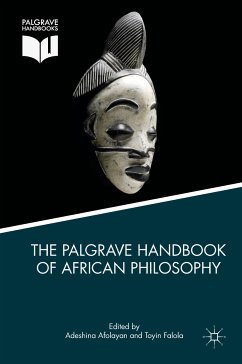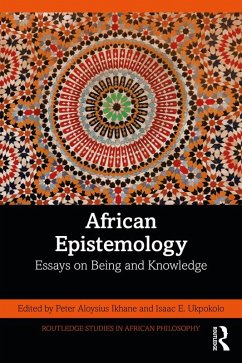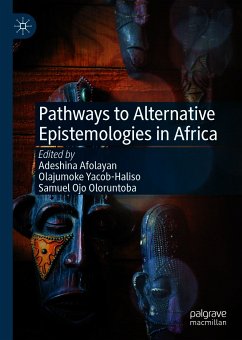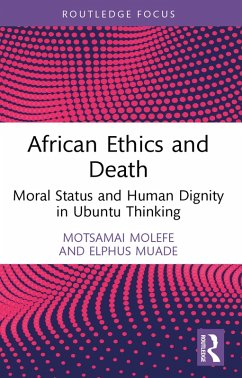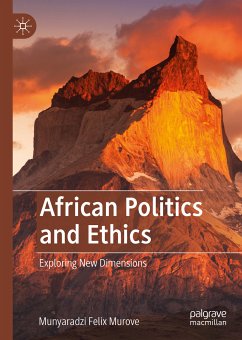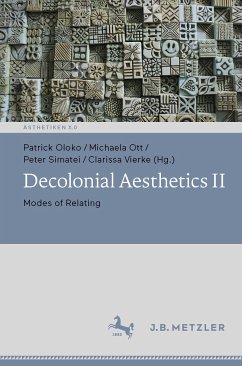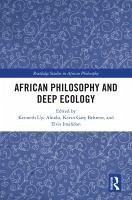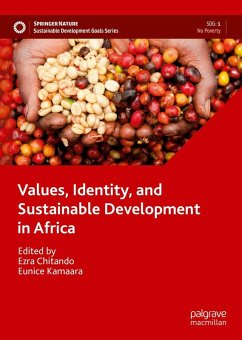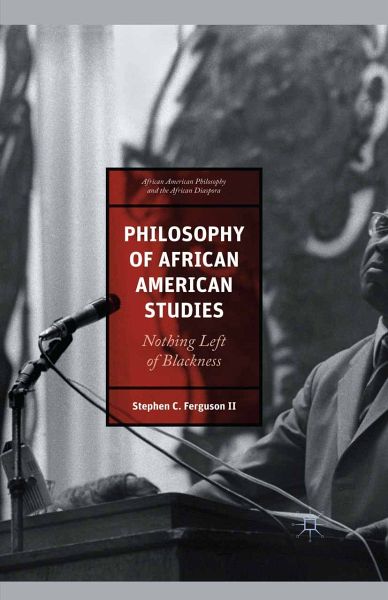
Philosophy of African American Studies (eBook, PDF)
Nothing Left of Blackness
Versandkostenfrei!
Sofort per Download lieferbar
72,95 €
inkl. MwSt.
Weitere Ausgaben:

PAYBACK Punkte
36 °P sammeln!
- Discusses philosophical issues in epistemology, philosophy of history, feminist thought and political economy in relation to African American Studies.
- Asserts the centrality of the Black working class to Black Studies.
- Engages with foundational arguments.
Dieser Download kann aus rechtlichen Gründen nur mit Rechnungsadresse in A, B, BG, CY, CZ, D, DK, EW, E, FIN, F, GR, HR, H, IRL, I, LT, L, LR, M, NL, PL, P, R, S, SLO, SK ausgeliefert werden.



